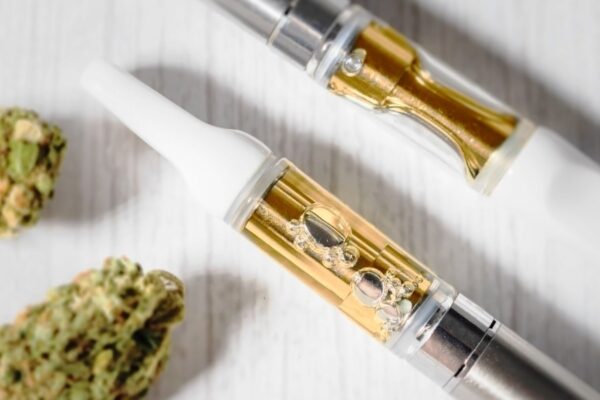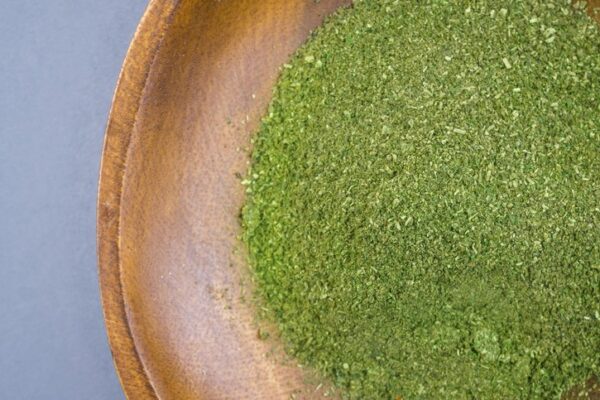It will help if you don’t invalidate any pain in your face and neck. It could be a symptom of TMJ dysfunction. You need to consult a physiotherapist to give you proper TMJ treatment in Singapore to ensure your condition.
If you are a sports player, you may encounter several injuries. The area where the tendons of your forearm muscles attach to the bony bump inside your elbow is known as a golfer’s elbow, which causes pain there. You may be at risk of having pain in your wrist and forearm. Therefore, you should get golfers elbow treatment to relieve your pain and have medical personnel check your health.
The tennis elbow, which develops outside the elbow, is comparable to a golfer’s elbow. It is not only for golfers. Golfer’s elbow can also happen to tennis players and others who clench their fingers or use their wrists frequently. In this case, it would be advisable that you visit a physician or a physical therapist to conduct the tennis elbow treatment in Singapore. Plus, you would know the proper medications and how to care for your injuries properly.
Going back to the main discussion, which is the TMJ treatment in Singapore, get to know first about TMJ with this ultimate guide that includes symptoms, causes and treatments.
What Is A TMJ?
The joint at the skull’s base on the head’s side is called TMJ (temporomandibular joint). It joins your skull to your lower jaw. The TMJ is composed of a rounded mandibular protrusion that rests against a skull indentation and a disc-shaped structure consisting of cartilage, a soft bone, between the two bones (articular disc).
Most of the time, self-managed care or nonsurgical therapies can make the pain and suffering brought on by TMJ issues go away. Although it is usually only used as a last resort when all other options have failed, certain TMJ disease sufferers may benefit from surgical therapy and a TMJ treatment in Singapore.
The temporomandibular joint (TMJ) connects your jawbone and skull, which sounds like a sliding hinge. There is a joint on either side of your jaw. Temporomandibular disorders, sometimes known as TMDs, include TMJ problems, which can hurt your jaw joint and the muscles that move it. Therefore might be in need of TMJ treatment in Singapore. In addition, cryotherapy, which means ‘cold therapy’, is also effective for diminishing inflammation.
It might be challenging to pinpoint an individual’s precise aetiology of TMJ dysfunction. A combination of variables, such as heredity, arthritis, or a jaw injury, could cause your pain. Although many people routinely clench or grind their teeth without developing TMJ issues, some people with jaw pain tend to do so (bruxism).
What Are The Symptoms And Causes Of TMJ Dysfunction?
The symptoms of a TMJ dysfunction are the following:
- Having jaw discomfort or tenderness.
- Temporomandibular joint discomfort, either in one or both joints.
- Throbbing pain behind and in your ear.
- Chewing is painful or challenging.
- Painful face ache.
- Joint locking, making it difficult to open or close your lips.
Meanwhile, here are the causes of TMJ dysfunction.
The temporomandibular joint (TMJ) is a hinge and a sliding joint. A small shock-absorbing disk separates the sections of the bones that interact in the joint and covers them, which usually keeps movement fluid.
Painful TMJ dysfunction occurs when:
- The disk deteriorates or shifts out of alignment.
- Arthritis erodes the cartilage in the joint.
- A blow or other impact causes the joint to become injured.
When Should You Seek A Doctor?
When you open your mouth or chew, TMJ issues can also produce a clicking sound or a grating sensation. However, you generally don’t need therapy for a TMJ condition if there is no pain or a restriction in your range of motion when your jaw clicks.
However, if your jaw continues to hurt or feel painful, or if you have trouble fully opening or closing it, get medical assistance. Possible causes and remedies for your issue might be discussed with your doctor, dentist, or a TMJ specialist to give you treatments such as the TMJ treatment in Singapore.
What Does A TMJ Treatment In Singapore Include?
In the TMJ treatment in Singapore, your physician/physiotherapist may advise home remedies, medications, therapies and surgeries for TMJ dysfunctions.
- Home remedies
Many times, self-care procedures performed at home can successfully treat the signs and symptoms of TMJ issues. You can do the following at home to lessen TMJ symptoms:
- Consume soft food.
- To minimise swelling, apply ice.
- Minimise jaw motions.
- Avoid eating rough meals and chewing gum (like beef jerky).
- Take steps to lessen your stress.
- Improve your jaw movement by performing workouts that stretch your jaw.
- Medication
Some over-the-counter and doctor-prescribed drugs may offer more relief if you find that your TMJ is not relieved by trying home remedies.
Some of these medicines for your TMJ treatment in Singapore consist of:
- NSAIDs, nonsteroidal anti-inflammatories (NSAIDs)
- Corticosteroids
- Muscles relaxants
- Antidepressants
- Regional anaesthetics
Based on your unique situation and medical history, your doctor will assist you in selecting the drug that is best for you.
- Therapies
On rare occasions, your doctor could advise physical therapy as part of the TMJ therapy in Singapore. Physical therapy is effective in treating the dysfunction of the temporomandibular joint (TMJ). Your therapist can assist you in regaining your jaw’s normal movement and lessening your pain, by using the cryotherapy method in Singapore.
The jaw will be stretched as part of manual therapy to break up adhesions that may form from repeated injuries or to restore typical joint and muscle flexibility. Low-load exercises that do not put a lot of strain on your TMJ but can strengthen the jaw muscles and restore a more naturally pain-free motion will be recommendable to speed up your rehabilitation. Your therapy may consist of the following, depending on the area that needs attention:
- Heat treatment
- Cooling treatment
- Acupuncture
- Tissue repositioning
- Resistance training
- Stretches
Talk therapy or stress-reduction exercises are additional possibilities if you and your doctor think stress may be the root of your TMJ condition.
- Surgery
Your doctor might determine that effective therapy is necessary for your disease if your symptoms don’t go away after trying the remedies mentioned above. Your doctor might advise surgery to treat your problem in infrequent circumstances.
Don’t endure your pain; have it treated and cared for by a specialist from Orchard Health Clinic. They offer various treatments and services for different kinds of health conditions such as cryotherapy in Singapore. Contact them today!





